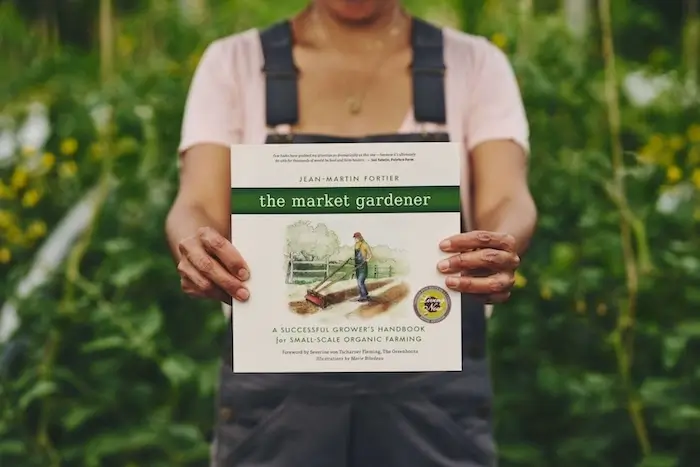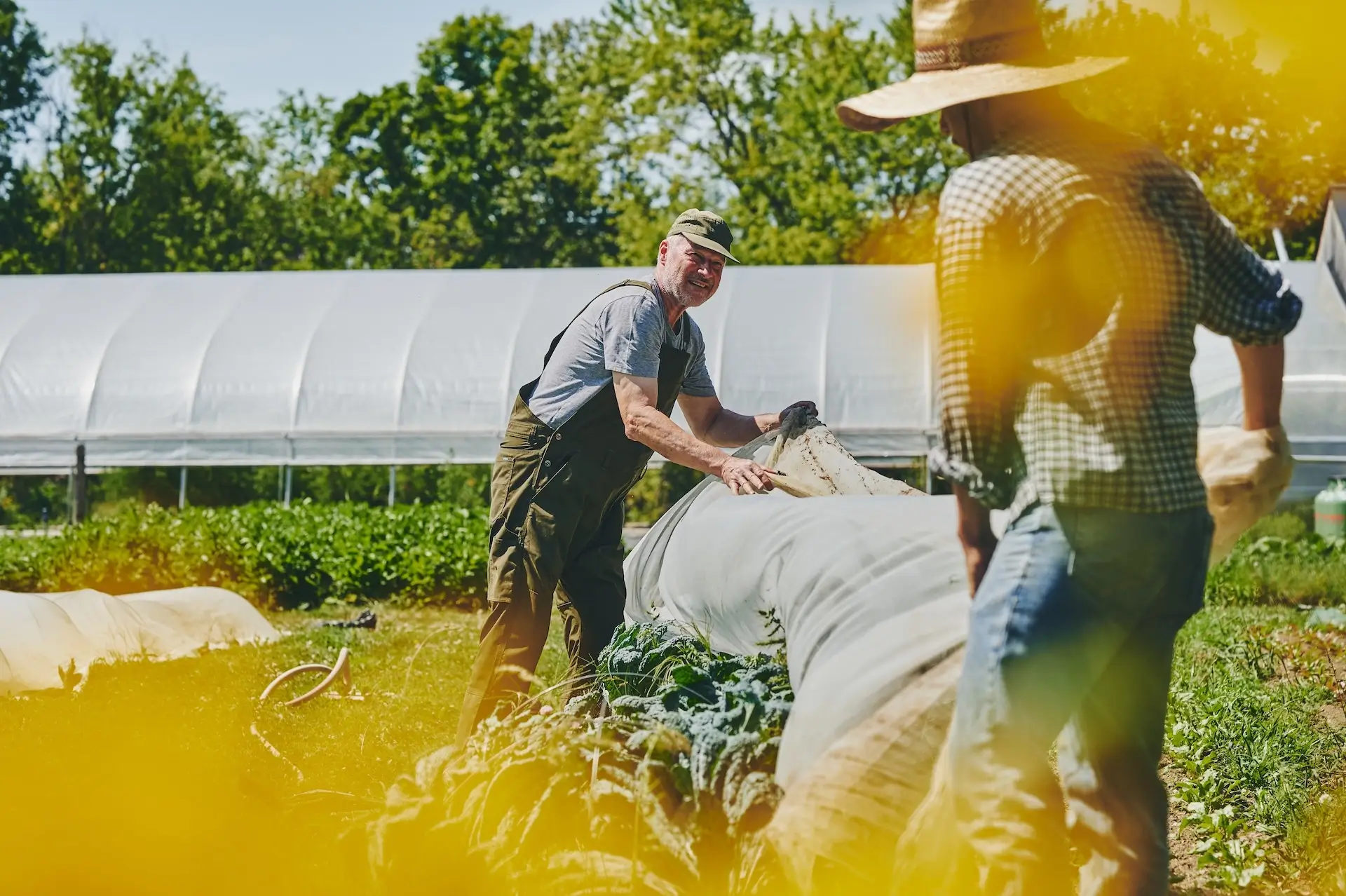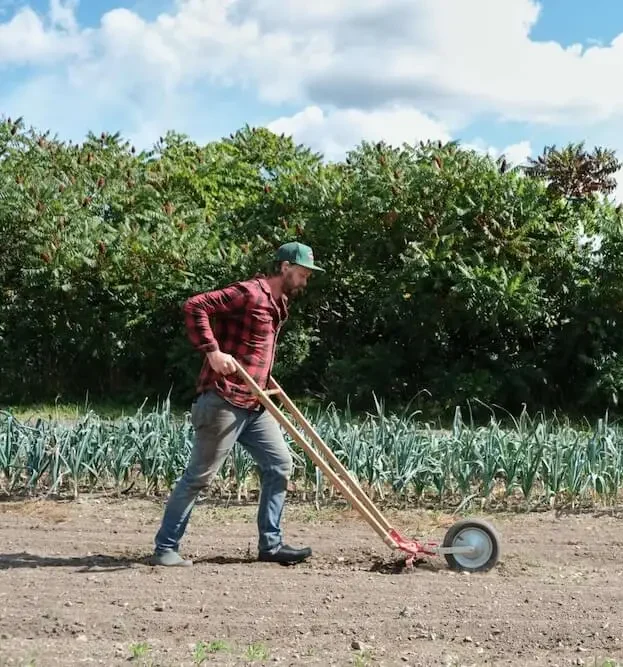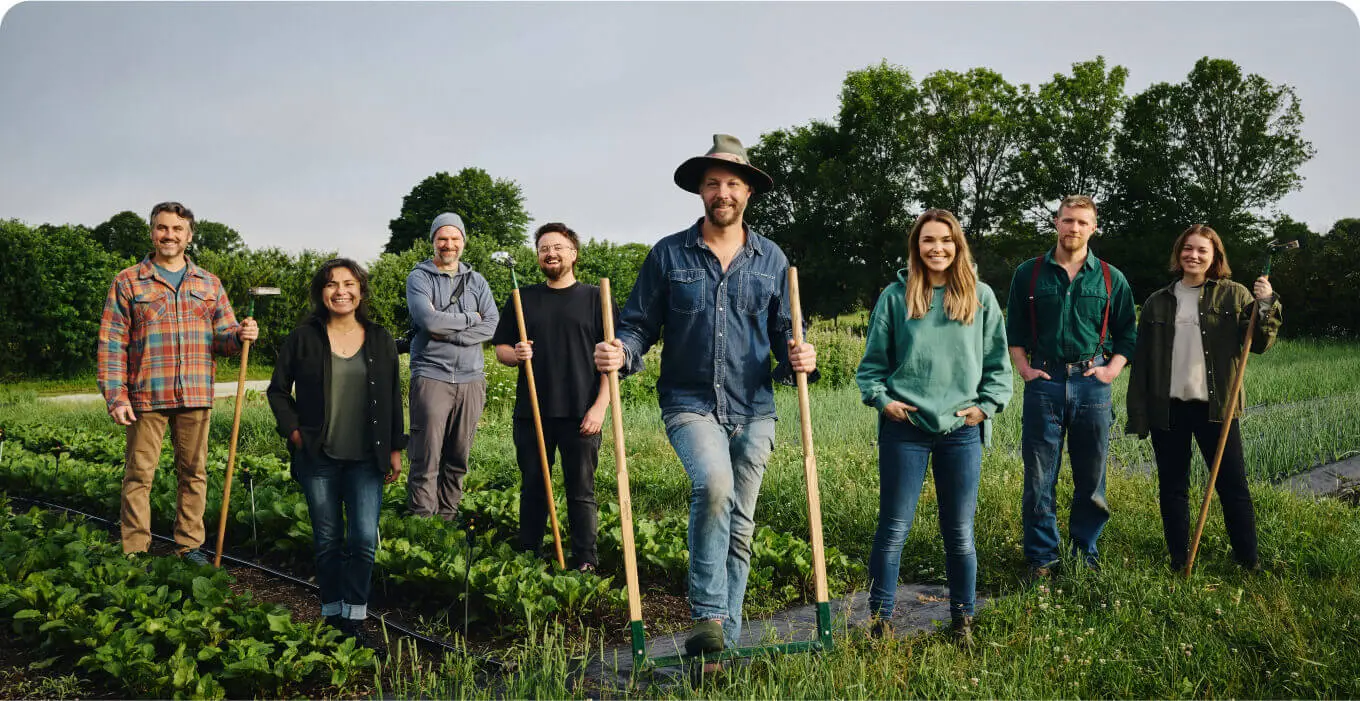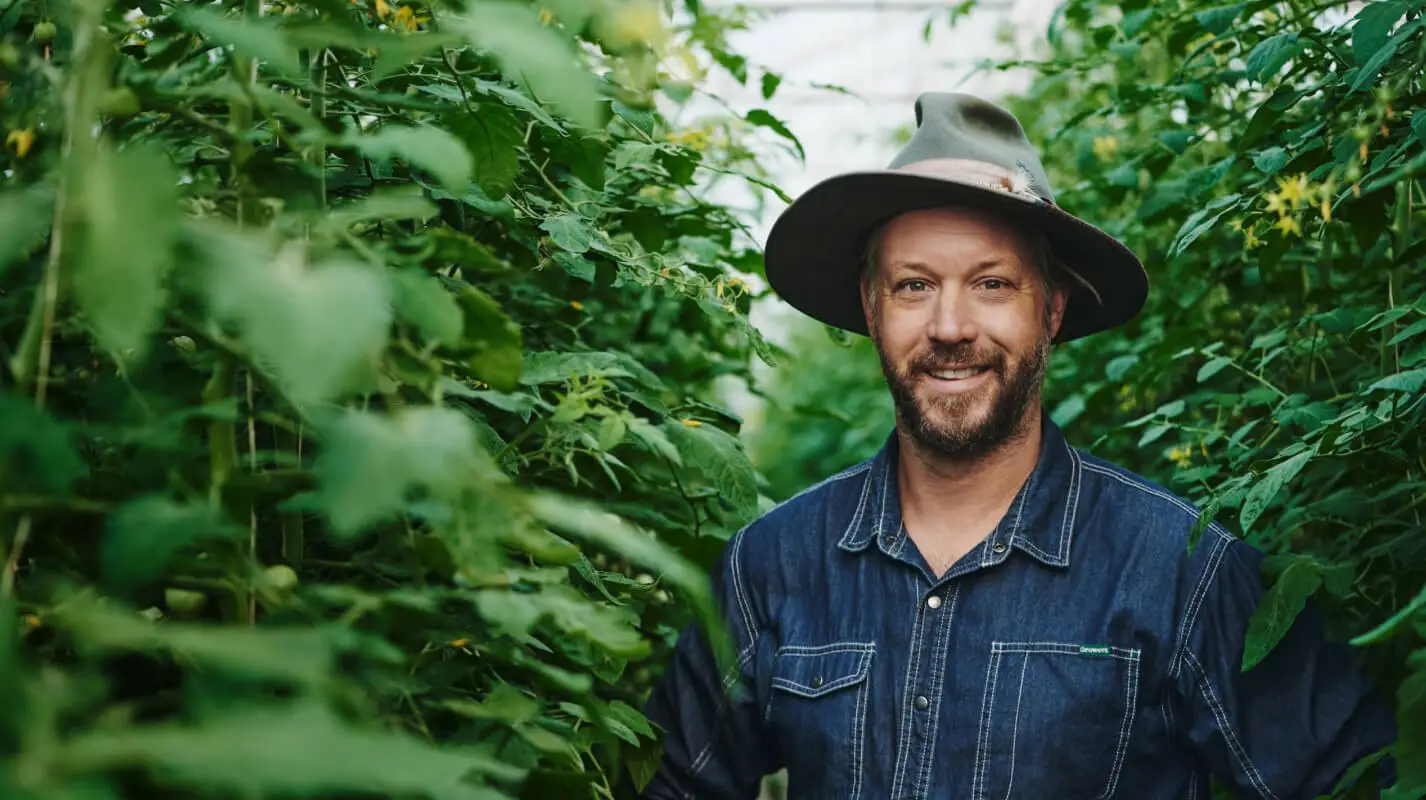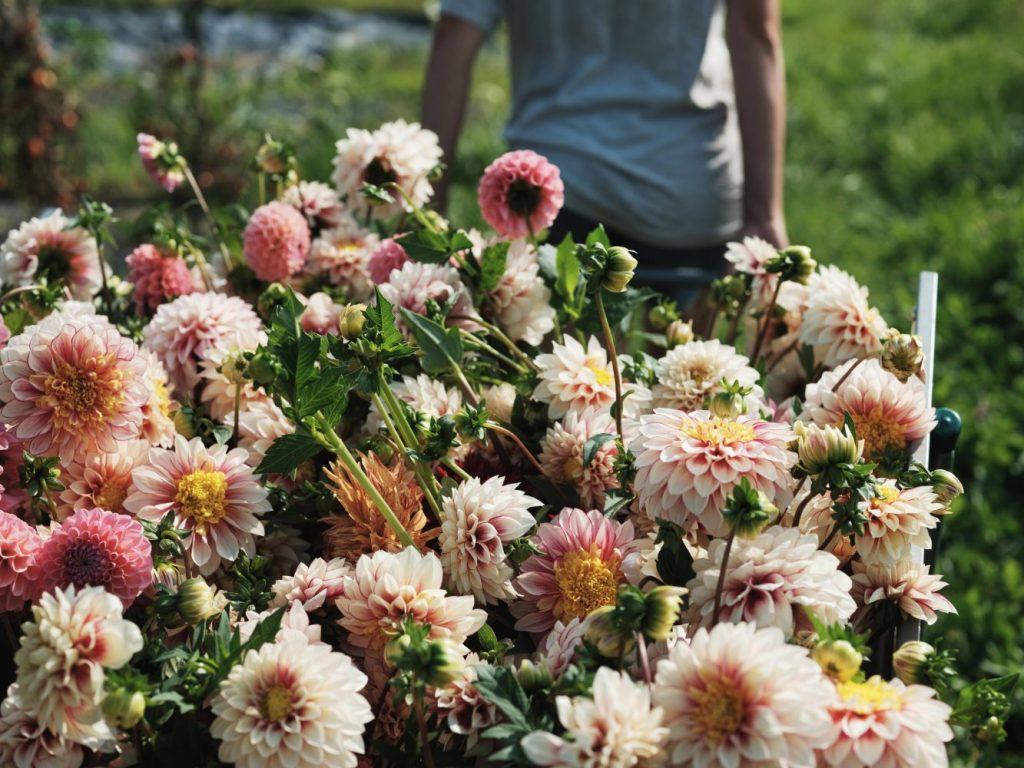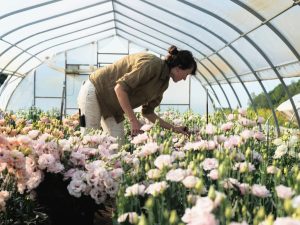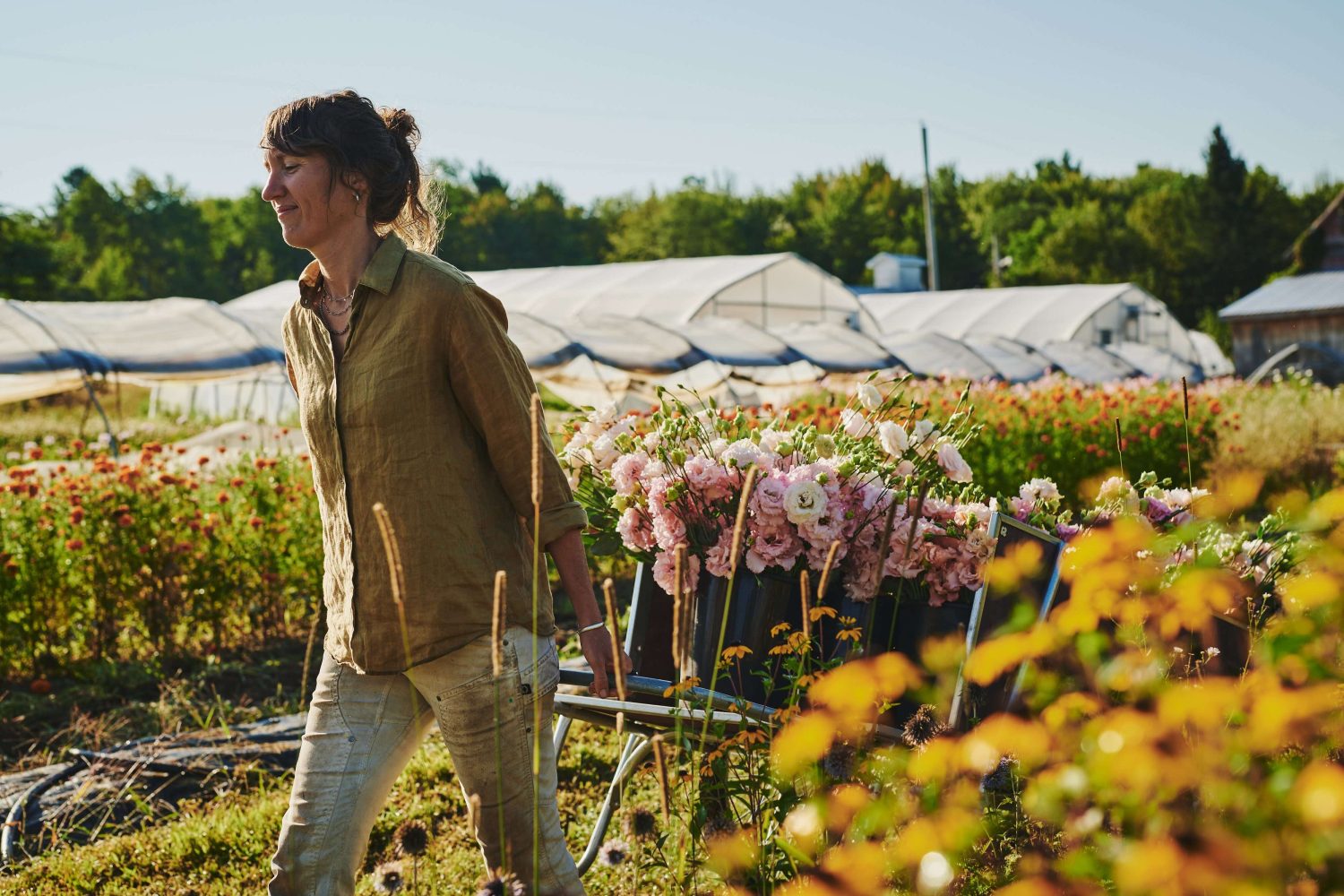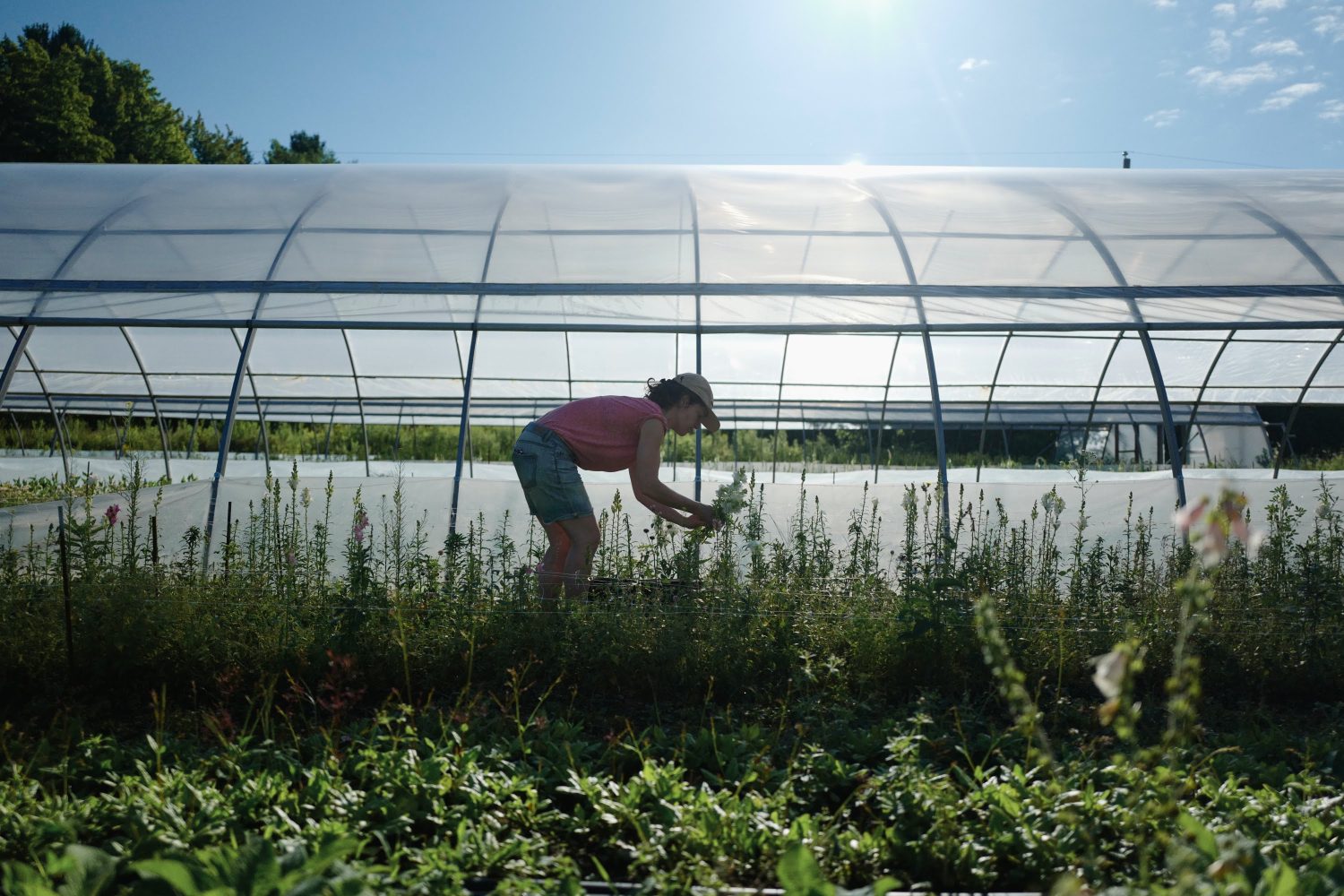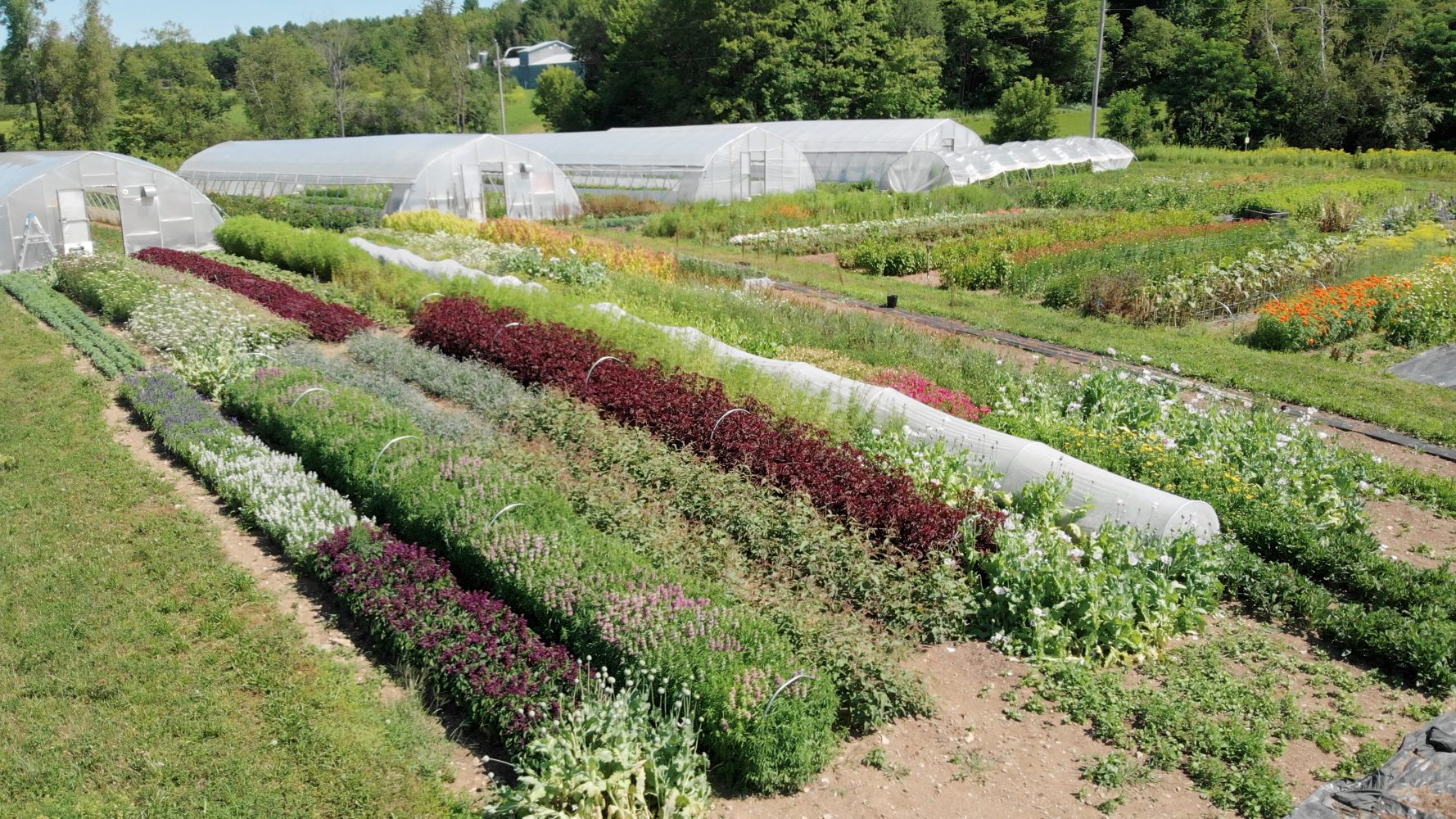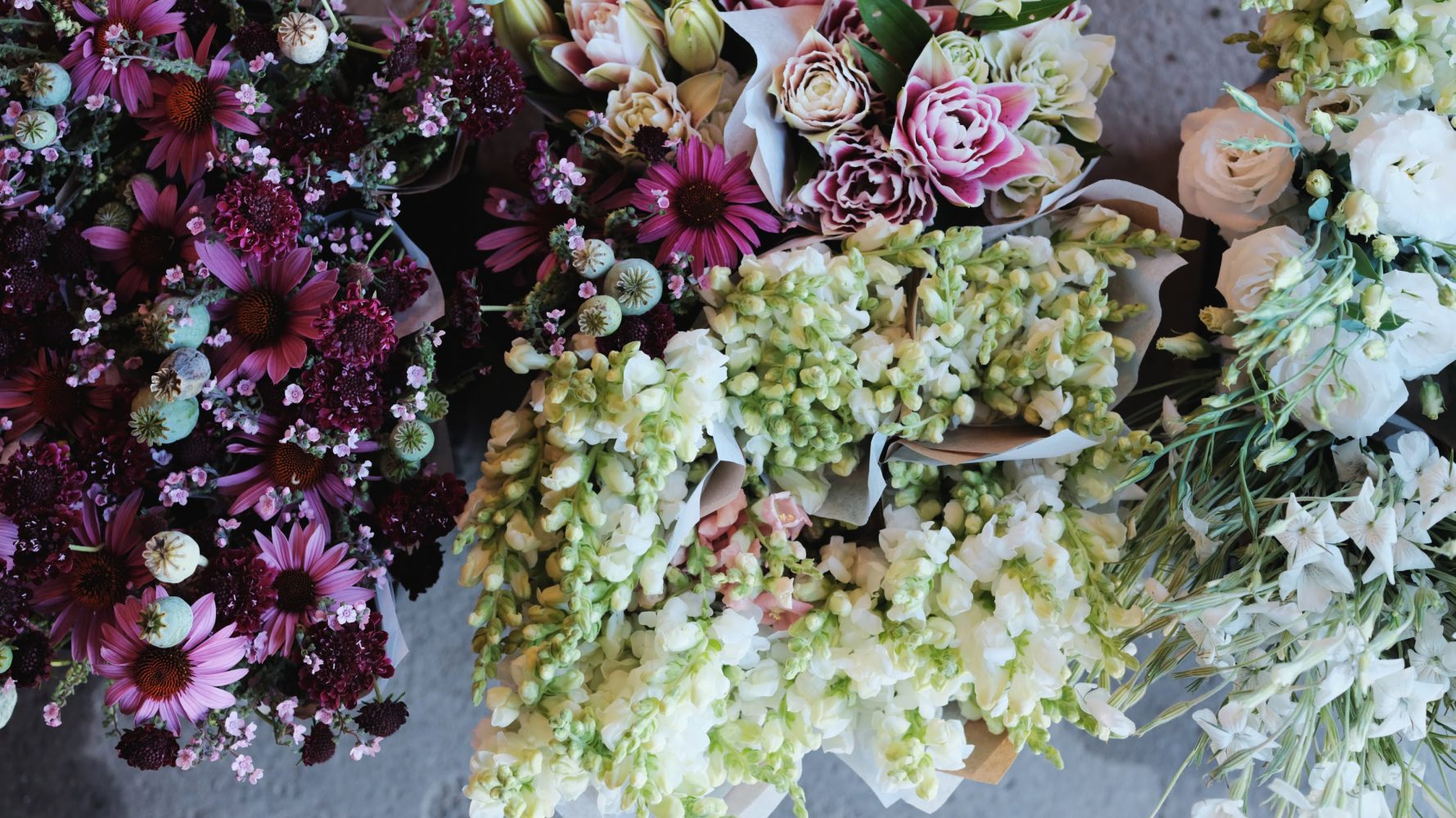Understanding the classification of the main flower categories is essential for any gardener or farmer seeking to optimize the planning and maintenance of their garden or flower farm. This insight allows for the selection of appropriate species tailored to your specific climatic zone, along with an understanding of their unique cultivation requirements.
Here’s an overview of the main flower categories and their characteristics, to help you make the right cultivation choices.
Annuals
Annual plants complete their life cycle lifecycle within a single year—from germination, flowering, and seed production, to eventual death. They’re perfect for those who want to see quick results and incorporate varied colors and textures into their gardens every year. Some gardens can benefit from two successions of annuals in the same season, maximizing blooming.
Hardy Annuals
These annuals can withstand light to moderate cold. This makes them ideal for early spring planting or for autumn sowing, enabling early growth the following year. They offer the possibility of beautifying the garden early in the season.
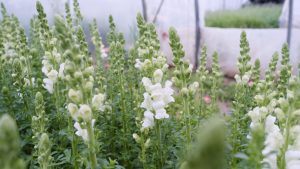
Bulbs
Bulbous plants, including tubers and corms, form a unique category. They store energy in an underground bulb and flower every year. Spring-flowering bulbs are planted in the autumn and need a cold spell to bloom, whereas autumn-flowering bulbs are planted in the spring. They are essential for continuous flowering from early spring to late autumn.
Perennials
Perennials come back every year, surviving winters and resuming growth in spring. Their ability to bloom for several years makes them an economical, long-lasting choice for any garden. They require less replacement and offer permanent structure to the landscape.
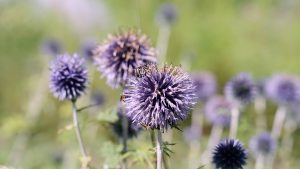
Tender Perennials
These perennials can’t take the cold and are often treated as annuals in cold climates. They are perfect for adding diversity to the garden, but may require annual protection or replacement in some areas.
Biennials
Biennial plants offer a unique planning opportunity with a life cycle spanning two years. The first year is devoted to vegetative growth. Flowering occurs in the second year, after which they die. They require long-term planning, but can provide spectacular, abundant flowering.
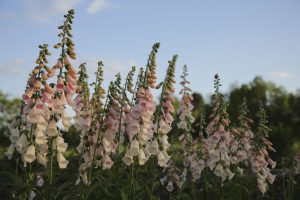
Plan Your Most Profitable Flower Season with This Free Cheat Sheet! Our free cheat sheet gives you the average yield per plant for over 70 profitable cut flower varieties, so you can make informed decisions and grow with confiden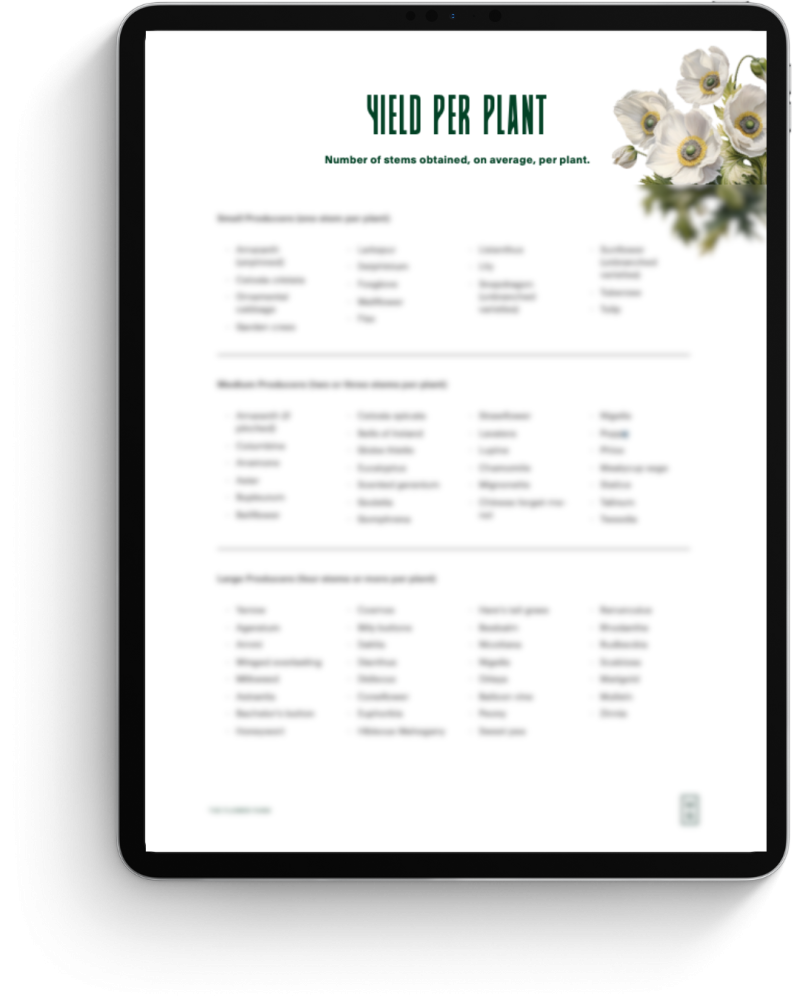
Each plant category has its own charm and specific needs, making your garden or flower farm varied and interesting all year round. The key lies in carefully selecting the right species for your climate and gardening goals.
Curious which blooms bring the best returns? Check out our Guide to the Most Profitable Flowers to Grow and Sell to discover our top 5 most profitable flowers!
If you’d like to deepen your understanding of different flower categories and perfect your cut flower growing techniques, our online course The Flower Farm is an invaluable asset. Whether you’re a beginner or a seasoned grower, this course will provide you with the knowledge and tools you need to successfully grow a wide variety of flowers, ensuring abundant harvests and a garden vibrant with color all year round.

